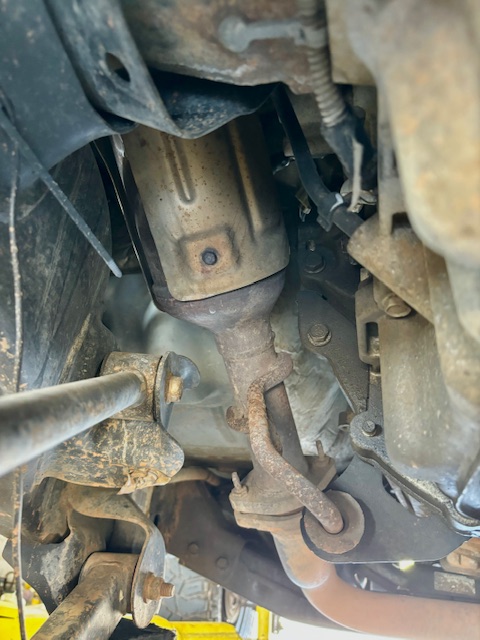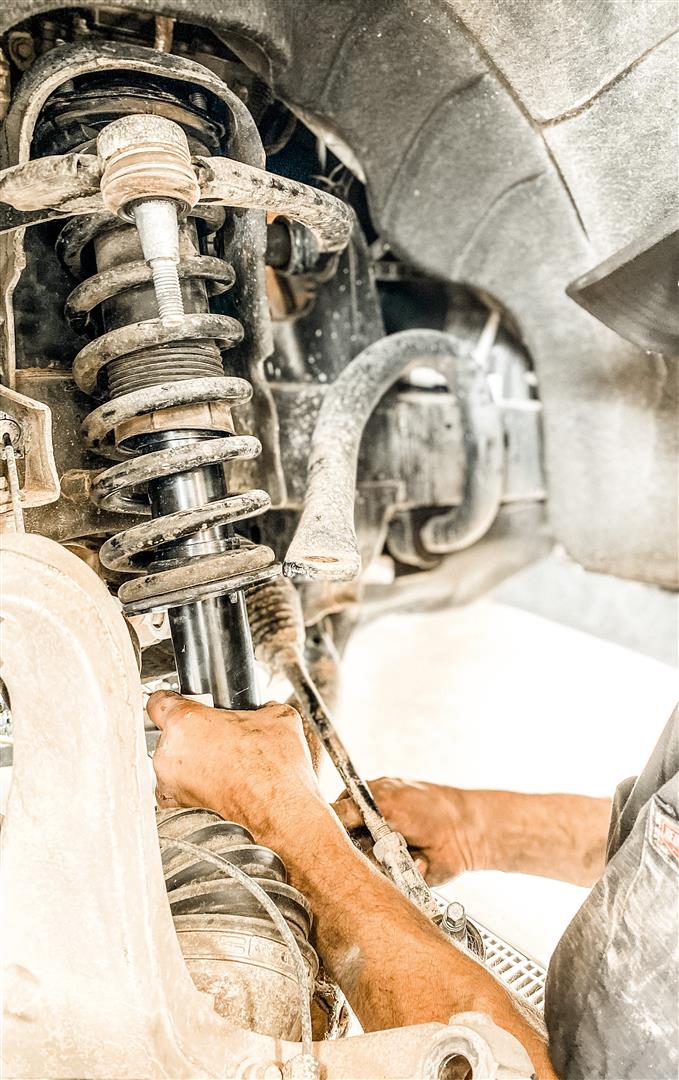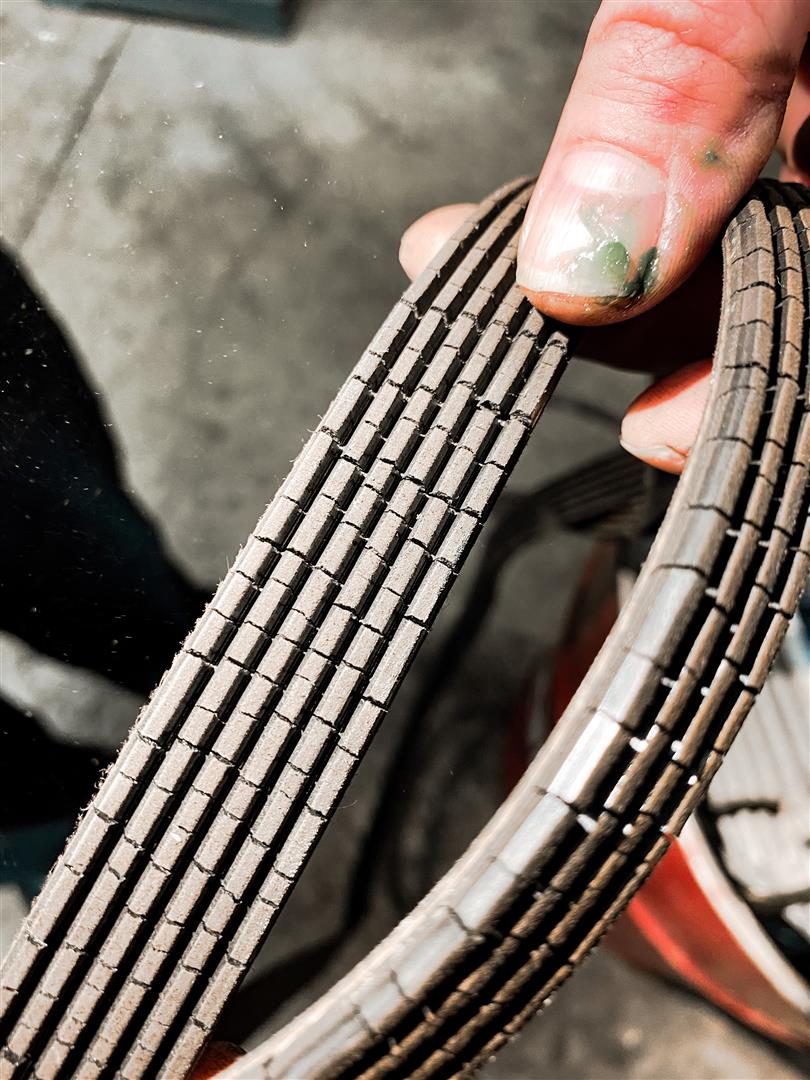Posted on 8/27/2024

A vehicle can fail an emissions test due to a bad or low-quality catalytic converter because the converter is crucial in reducing harmful pollutants emitted from the exhaust system. Replacement can be a costly repair, but it is best to ensure it is a quality part rather than risk replacing it multiple times. Here’s why: Increased Emissions: The catalytic converter’s primary function is to convert toxic gases like carbon monoxide, nitrogen oxides, and hydrocarbons into less harmful substances such as carbon dioxide, nitrogen, and water vapor. If the catalytic converter is malfunctioning or damaged, it won’t effectively convert these gases, leading to higher levels of pollutants in the exhaust. This increase in emissions will typically cause the vehicle to fail an emissions test, as it will exceed the acceptable limits set by environmental regulations. Check Engine Light: Many vehicles are equipped with onboard diagnostic ... read more
Posted on 8/21/2024

When it comes to the smooth operation and safety of your vehicle, few components are as vital as the struts. Often overshadowed by more recognizable parts, struts play a fundamental role in ensuring a comfortable ride, stable handling, and overall vehicle integrity. Let's dive into why struts are indispensable for your vehicle's performance and your driving experience. 1. Support and Stability: Struts are an integral part of your vehicle's suspension system, providing support and stability to the chassis and body. Unlike traditional shock absorbers, which only dampen vibrations, struts serve a dual purpose by also supporting the weight of the vehicle. This structural support is crucial for maintaining proper wheel alignment, minimizing body roll, and ensuring consistent tire contact with the road surface. 2. Enhanced Ride Comfort: A smooth and comfortable ride is something every driver desires, and struts play a significant role in achiev ... read more
Posted on 8/13/2024
.jpg)
When you walk down the oil aisle at an auto parts store, the sheer variety of engine oils can be overwhelming. Different types, viscosity, and additives are available, each designed for specific needs. Here’s why there are so many options and how to pick the best one for your vehicle. Why Are There So Many Different Engine Oils?Engine Designs Vary: Different engines have unique requirements based on their design, size, and performance needs. For example, a high-performance sports car engine has different oil needs compared to a heavy-duty truck or a standard sedan. Climate Considerations: The climate where you live can affect which oil is best for your vehicle. Oils are formulated to perform optimally at different temperatures. For instance, some oils are better suited for extremely cold environments, while others are formulated to withstand high heat. Driving Conditions: Your driving habits also inf ... read more
Posted on 8/6/2024

The Importance of Serpentine Belt Replacement and Symptoms of a Worn Belt The serpentine belt is a crucial component of your vehicle's engine, responsible for driving multiple peripheral devices such as the alternator, power steering pump, water pump, and air conditioning compressor. Keeping this belt in good condition is vital for the proper functioning of your car. Here’s why timely serpentine belt replacement is important and how to recognize the signs of a worn belt. Why Replace the Serpentine Belt? 1. Prevent Engine Overheating: The serpentine belt drives the water pump, which circulates coolant through the engine. A failed belt can cause the engine to overheat, leading to significant damage. 2. Maintain Power Steering: Without a functioning serpentine belt, the power steering pump won't operate, making the vehicle difficult to steer and increasing the risk o ... read more
Posted on 7/31/2024

Why Your AC Smells Musty and How to Fix It There’s nothing quite as refreshing as the cool breeze from your air conditioner on a hot day. But if that breeze carries a musty odor, it can quickly turn an enjoyable experience into an unpleasant one. If you’ve noticed a musty smell coming from your AC, you’re not alone. This common issue can be resolved with a bit of understanding and maintenance. Here’s what you need to know about why your AC might smell musty and how you can fix it, with insights from Consumer Reports. Why Does My AC Smell Musty? A musty odor from your air conditioner usually indicates the presence of mold or mildew. Here are some common reasons why this might happen, as noted by Consumer Reports: 1. Clogged Drain Line: The drain line is responsible for removing condensation from your AC unit. When it becomes clogged with dirt, dust, or mold, water can back up and create a moist environment where m ... read more